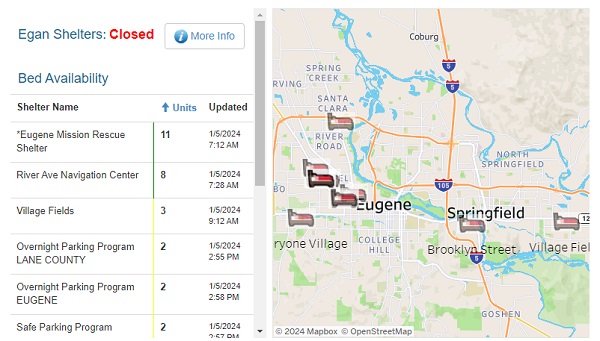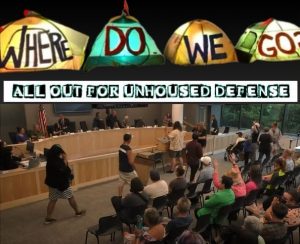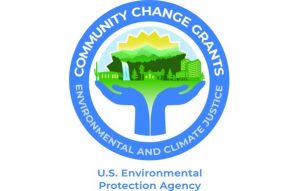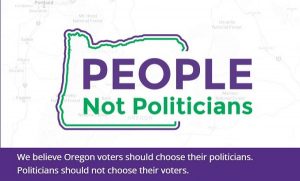‘Shelter Finder’ could reduce homeless citations, protect human rights
4 min read
City employees can be held accountable for illegal homeless ‘sweeps,’ now that a real-time dashboard shows whether shelter spaces are available. Advocates discussed the online tool Jan. 2 at the city’s Homelessness and Poverty Work Group.
Blake Burrell (Human Rights Commission): Right now, Lane County has a ‘Shelter Finder’ tool. At any given time, a member of an outreach team can see the status of shelter availability in the city of Eugene.
[00:00:31] If I pull up that tool—I actually just looked at it today for a direct service interaction—I can look and see that Dusk to Dawn, as of 2:07 p.m., has three beds available this evening. And the Eugene Mission Rescue Shelter has 10 beds available. Those are our two walk-in facilities.
[00:00:51] However, those being available does not mean that the individual is actually eligible for that shelter option. So this sheltering tool, what it does is, it allows you to filter different criteria to determine whether you qualify.
[00:01:06] So the criteria that it filters on right now is: adult couples; families; drop-ins; substance use; and pets. And you can apply more filters, but those are the primary pieces that their team has put in place.
[00:01:22] I think a great example of where this applies is for going through that filter icon and saying: ‘A family with a pet has no walk-in shelter available in Eugene,’ thus probably shouldn’t be subjected to municipal clearance.
[00:01:39] I think it’s very important that any municipal staff engaged in clearance are making that real-time consideration before they’re issuing a notice or citation. And that would just be one way of verifying whether clearance is actually appropriate for an individual—given the adequate shelter capacity of our community.
[00:02:00] Lane County’s tool, it’s called the ‘Shelter Finder’ tool. James Ewell participated in rolling that out. Richard (Self) actually participated in their Coordinated Entry Work Group that focused specifically on developing this tool.
[00:02:12] John Q: The tool is significant because of the 9th (U.S.) Circuit Court (of Appeals) decision in Martin v Boise that sitting, lying, or sleeping in public spaces cannot be criminalized when homeless humans have no adequate alternative.
[00:02:27] Richard Self (Homelessness and Poverty Work Group): If you do have a situation where the police decide on their own that they’re going to do what they’re going to do, regardless of whether there’s a shelter bed for three people and a pet, and they’re just going to clear the people out anyhow—’That’s too bad, there’s nowhere for you to go, but you need to go’—there needs to be some kind of remedy for that. You can’t just do that, when there’s nowhere to go.
[00:02:54] And I think the police should be held accountable for doing that. How that can happen in the future is something we should work on.
[00:03:03] There needs to be some mechanism in place, now that there is this provider dashboard, where law enforcement can be held accountable or Parks Department employees (or both) for not being reasonable in these situations.
[00:03:20] So, again, we would probably need to work out what those things are, but we need to hold people accountable that enforce these policies. And they have to do it reasonably like any other normal—you know, not a Gestapo. They need to be ‘reasonable’ about it. That’s what the legal definition of that is.
[00:03:42] So if they’re not being reasonable and using the provider dashboard and abiding by the laws already in place, they need to be held accountable, and I can’t emphasize that enough. It’s not just a lawsuit that should be able to hold them accountable. There should be things in place that say, ‘You can’t do this or_______.’
[00:04:03] John Q: On Jan. 2, the group continued defining ‘lethal weather conditions.’
[00:04:10] Blake Burrell (Human Rights Commission): Our work plan item 3.14 is to review and make a recommendation on disaster response plans for individuals and families experiencing homelessness and poverty who are impacted by natural disasters, hazardous weather events, and changing climate.
[00:04:24] For context, there was an email that was sent by outreach professionals in the city of Eugene that requested a moratorium on encampment clearance during lethal weather conditions.
[00:04:37] Those lethal weather conditions were defined as: temperatures over 95 degrees (F); air quality over 200 (AQI); raining at 45 (F) or below, aka hypothermic conditions; active snow and ice events; and nights that Egan (Warming Shelter) activations are present.
[00:04:54] The moratorium was a suggestion to relieve the city staff of the duty to clear encampments and to provide relief for folks who are experiencing unsheltered homelessness during those conditions. Our work plan intersects with this goal.
[00:05:12] So at our last work group meeting, we discussed this proposal in a more formal way and cited some articles in the International Declaration of Human Rights.
[00:05:22] It will go through the Advocacy Work Group, and then the Human Rights Commission before it’s advanced to city council or any other bodies.
[00:05:29] We’re really taking the time to examine this to make sure that it is consistent with recommendations that have been made in the past, and that it’s rooted in something that will be palatable by political leaders and make sense to municipal staff.
[00:05:43] John Q: The new Lane County Shelter Finder may help protect the legal rights and human rights of those who are homeless.




